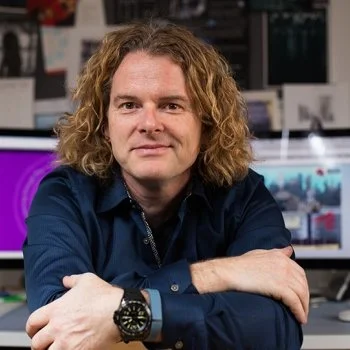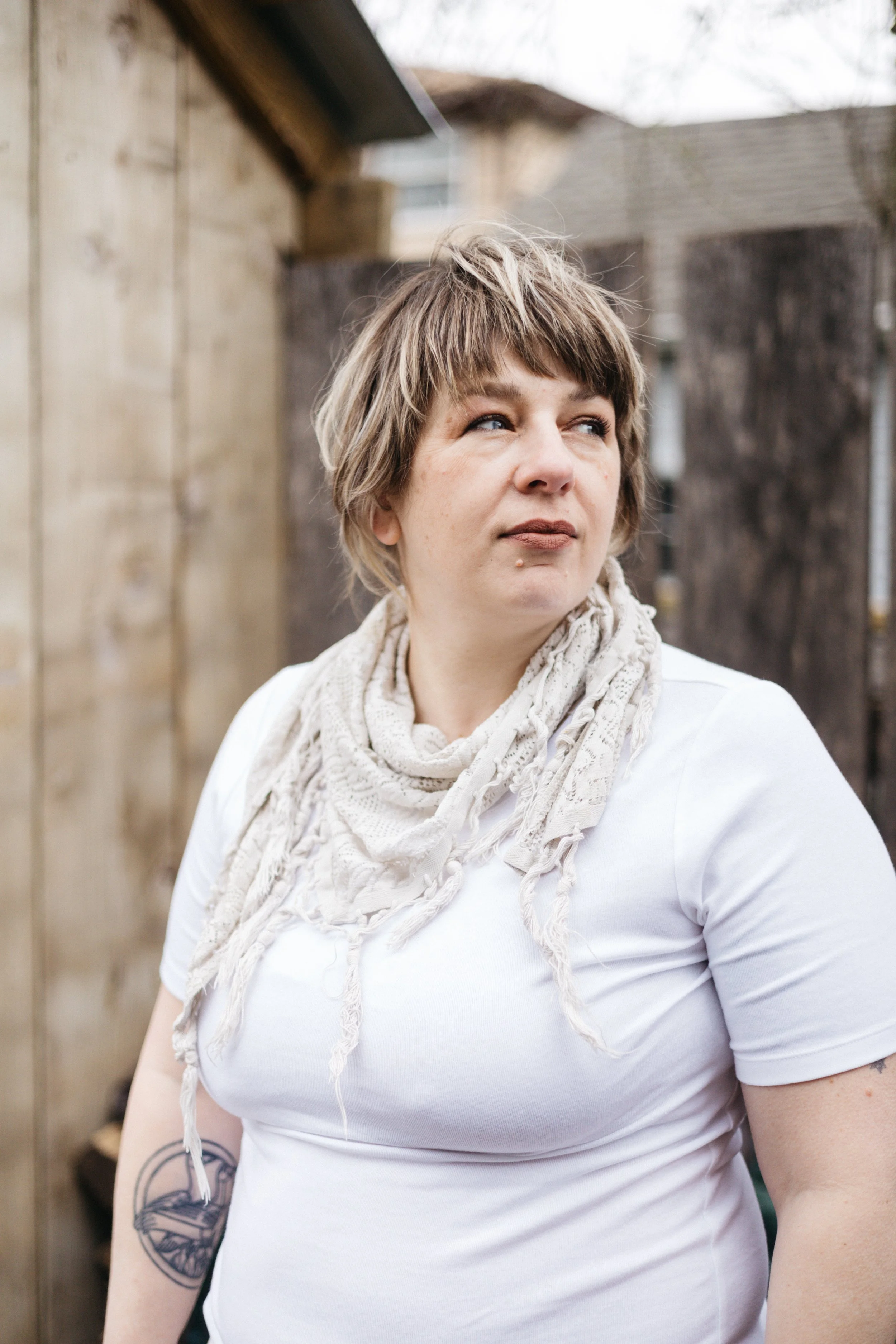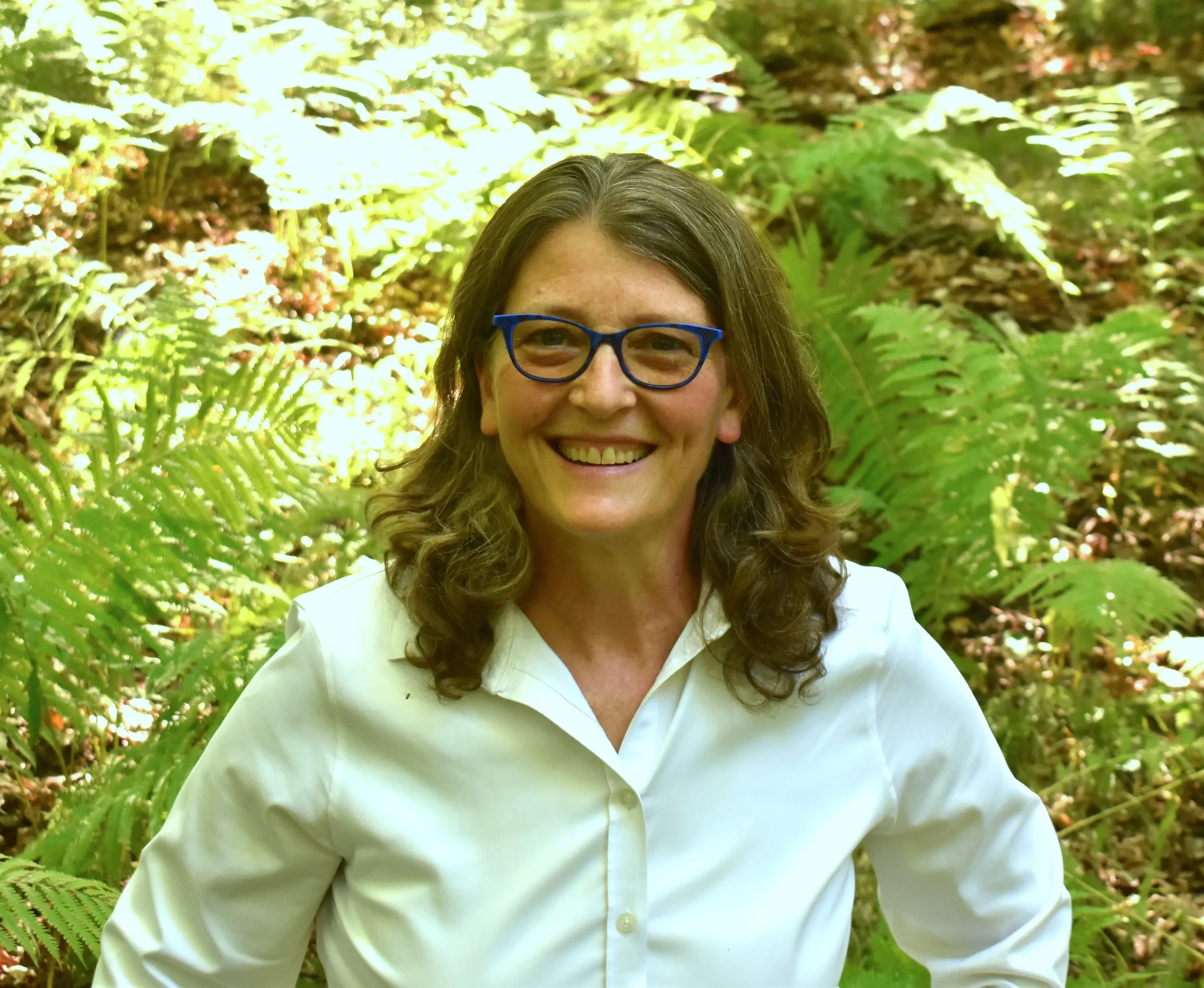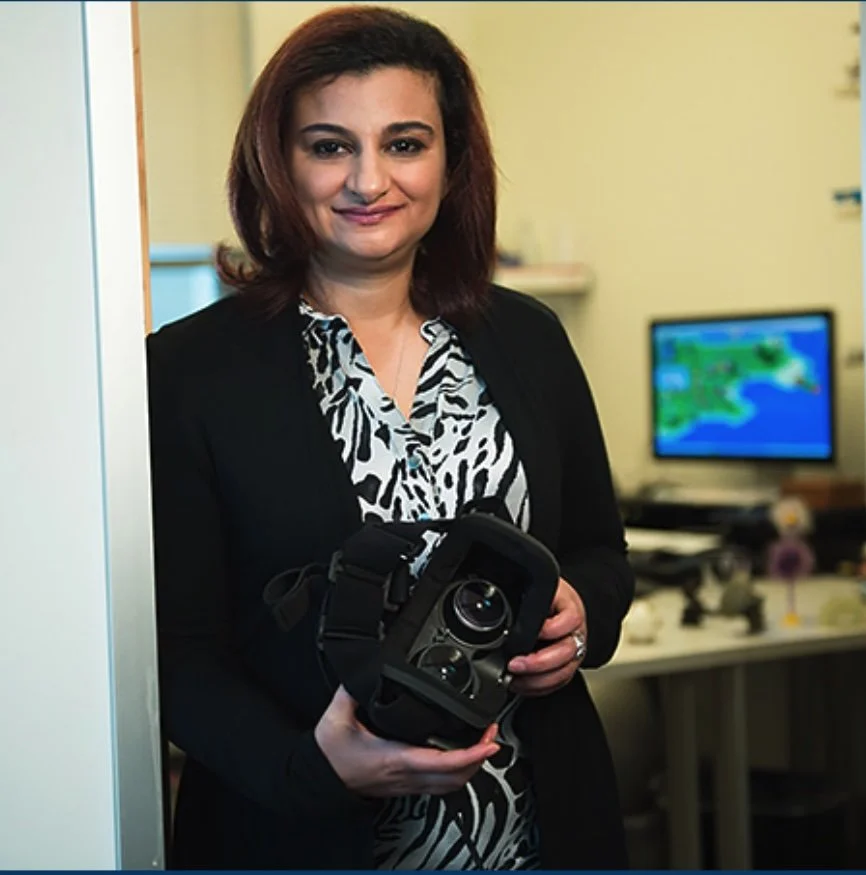Advisors
-

Courtney Bell
Director, Wisconsin Center for Education Research, University of Wisconsin - Madison
-

Michael Levine
Senior Advisor at Kapor Center. Prior Senior Vice President at Paramount, Founding Executive Director at Joan Ganz Cooney Center
-

David Lowenstein
Co-Founder and CEO, Lionstone Consulting Group. Prior Senior Director, Ready To Learn & Grants Strategy at PBS KIDS and Producer at E-Line Media.
-

Jan Plass
Paulette Goddard Chair in Digital Media and Learning Sciences, Professor, and co-director of the Games for Learning Institute, New York University.
-

Susanna Pollack
President, Games for Change
-

Robert Russell
Program Director (retired), Directorate for STEM Education, US National Science Foundation
-

Jennifer Scianna
PhD Candidate, Department of Curriculum and Instruction, School of Education, University of Wisconsin - Madison
-

Jeci Younger
PBS KIDS
Steering Committee
-

David Gagnon
is Director of Field Day Lab, an award-winning interdisciplinary team at the Wisconsin Center for Education Research at UW–Madison. Field Day games are played by millions of kids every year and have won numerous awards from Games for Change, The NETA Public Media Awards, Serious Play, and American Association of Engineering Educators. David has led over $10M in game research projects, has published over 30 research papers, and was the founding director of the Open Game Data project.
-

Sarah Gagnon
is Studio Director at Field Day Lab, where she serves as producer and creative director. She founded the lab’s art and communications team and leads its work in design, user experience, and public engagement. Sarah ensures that Field Day games are not only rigorous research instruments but also compelling, beautiful, and accessible to broad audiences. She oversees game design projects, pitches new concepts, and manages how the lab’s work is shared through media and online platforms.
-

Laurel Haak
is Founder and CEO of Mighty Red Barn, a consultancy focused on socio-tech entrepreneurship, research infrastructure, and social benefit strategy. She is the Founding Executive Director of ORCID, and has also held leadership roles at Discovery Logic, Thomson Reuters, and the U.S. National Academies. Trained in biology and neuroscience at Stanford with postdoctoral work at the NIH, Laure’s work has been recognized with the NIH Director’s Award and the Vietsch Medal of Honour.
-

Erik Harpstead
is a Senior Systems Scientist in the Human-Computer Interaction Institute at Carnegie Mellon University, where he contributes to large research projects at the intersection of Learning Engineering and game design. His work focuses on design and analysis of educational games as well as novel interactive machine learning techniques for modeling the human learning process in complex domains. He oversaw development of Research Infrastructure software projects such as Apprentice Learner Architecture, which provides tools for simulating experiments of the human learning process, and Twitch Research Toolkit, which enables researchers to execute studies on the streaming platform while abiding by relevant research ethics regulations.
-

Jeremy Roberts
is Managing Partner and Chief Science Officer at The Incredible Pear, where he leads projects focused on delivering big-data-driven learning analytics solutions tied to early education game-based learning. Jeremy has served as the primary strategic coordinator between funding stakeholders, media production entities, engineering teams, University-based statistics and psychometrics teams, and professional researchers. As Senior Director of Learning Technologies for PBS KIDS Digital, Jeremy collaborated with award-winning content teams to integrate innovative technologies into PBS KIDS programming and platforms, advancing the educational impact and accessibility of children’s media. Jeremy is a strong proponent and supporter of open standards and open source development.
-

Magy Seif El-Nasr
is UC Presidential Chair, Professor, and Department Chair of Computational Media at the University of California–Santa Cruz. Her research focuses on building frameworks for using virtual environments as evidence-based methodologies to understand human behavior, cognition, and social awareness. Magy has received research grants totaling over $6m, has published over 100 international peer reviewed articles. Among her commendations are four best paper awards and leadership and research excellence awards. Magy has ongoing industry collaborations with Electronic Arts, IgnitePlay, and Benshi.ai. Magy is the associate editor of IEEE Transactions on Affective Computing, IEEE Transactions on Games, and Human Computer Interaction.
